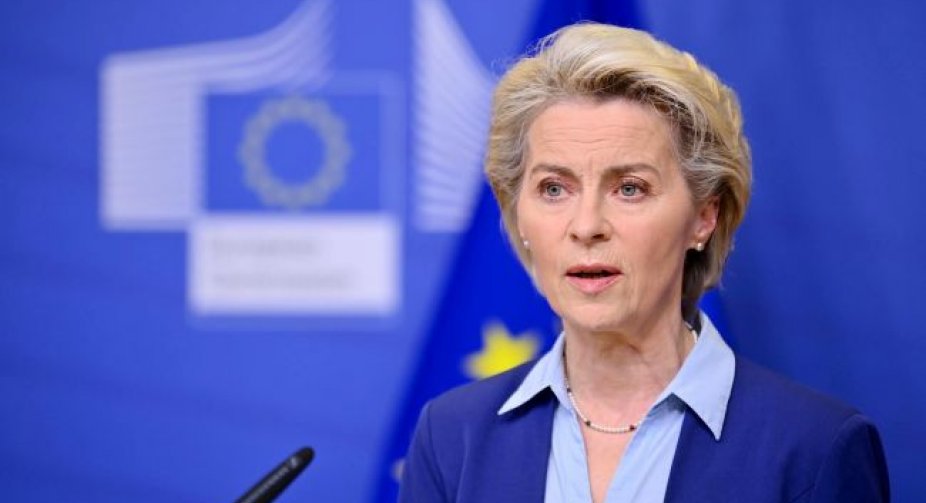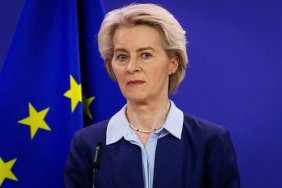President of the European Commission Ursula von der Leyen has said that Ukraine still has much to do on its way to EU membership, in particular in the rule of law and anti-corruption. She said this at a press conference in Brussels, reports UP.
"A lot of work needs to be done. For example, in the area of the rule of law. Ukraine has already gone far in creating the necessary institutions for the effective functioning of the judiciary and prosecutor's office. The focus should now be shifted to speeding up the selection of Constitutional Court judges, as well as members of the High Council of Justice," von der Leyen said.
"In the area of anti-corruption, Ukraine has also achieved a lot in creating the necessary anti-corruption bodies. The focus now should be on appointing a new chairman of the Anti-Corruption Prosecutor's Office and a new director of the Anti-Corruption Bureau. There are anti-corruption bodies, now they must become fully operational," she stressed.
In addition, she noted Ukraine's de-oligarchization legislation. "In fact, it is the only Eastern Partnership country that has done this. This is a good thing. Now everything depends on the implementation, so that there will be visible results," she said.
The European Commission document separately specifies a list of requirements for Ukraine:
1) to implement legislation on the procedure for the selection of judges of the Constitutional Court of Ukraine, including a pre-selection process based on an assessment of their virtue and professional skills, in accordance with the recommendations of the Venice Commission;
2) To complete the virtue check by the Ethical Council of candidates for the High Council of Justice and the selection of candidates for the High Qualification Commission of Judges of Ukraine;
3) strengthen the fight against corruption, including at a high level, through active and effective investigations; complete the appointment of the new head of the Specialized Anti-Corruption Prosecutor's Office by certifying a certain winner of the competition and begin and complete the selection process and position of the new director of the National Anti-Corruption Bureau of Ukraine;
4) Ensure compliance of anti-money laundering legislation with the Financial Action Task Force (FATF) standards; adopt a comprehensive strategic plan for reforming the entire law enforcement sector as part of Ukraine's security environment;
5) Introduce an anti-oligarchy law to limit the oligarchs' excessive influence on economic, political and public life; this should be done in a legally sound manner, taking into account the future conclusion of the Venice Commission on the relevant legislation;
6) overcome the influence of vested interests by passing a media law that aligns Ukrainian legislation with the EU Audiovisual Media Services Directive and empowers an independent media regulator;
7) Complete the reform of national minority legislation as recommended by the Venice Commission.
The European Commission will monitor Ukraine's progress in implementing these steps and will report on them along with a detailed assessment of the country by the end of 2022.
An official decision on status for Ukraine is due at a summit of EU leaders on June 23.






